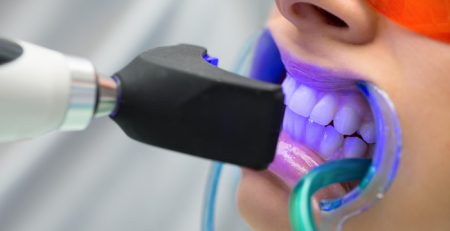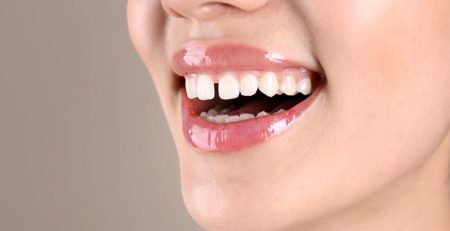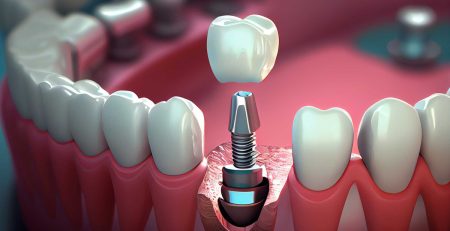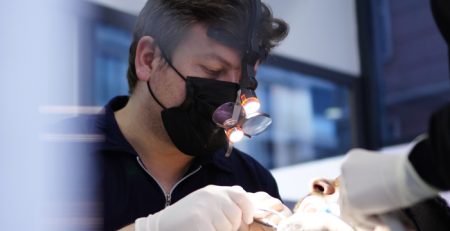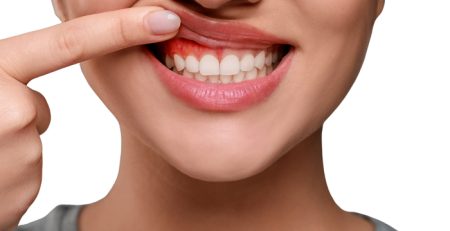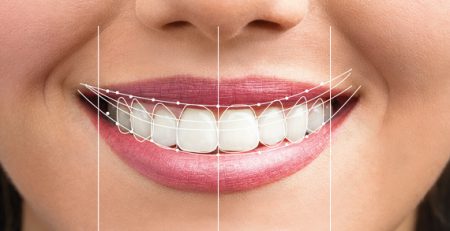What Is Dental Anxiety (Dentophobia)? Effective Tips to Overcome It
What Is Dental Anxiety (Dentophobia)? Effective Tips to Overcome It
Dental anxiety, a common issue among both children and adults, can lead to neglect of oral health and result in more serious health problems. So, what exactly is dental anxiety, and how can it be overcome?
What Is Dental Anxiety (Dentophobia)?
Dental anxiety (dental phobia) is a condition where individuals feel extreme fear or anxiety about visiting the dentist or completely avoid dental visits. For some, it may be a mild discomfort, while for others, it can escalate to full-blown panic attacks. This phobia often leads to delayed or avoided dental treatments.
Dental anxiety is also known as “dentophobia” or “odontophobia” and can have serious psychological effects. Skipping dental check-ups can result in more severe dental problems over time, making treatment more complicated and painful.
What Causes Dental Anxiety?
There are many potential causes of dental anxiety. Here are some of the most common:
1. Past Traumatic Experiences
A painful or unpleasant dental experience in the past can leave a lasting negative impression, making future visits more difficult.
2. Fear of Needles and Instruments
Dental tools such as needles, probes, and other metal instruments can be perceived as threatening.
3. Feeling of Losing Control
Having to keep your mouth open for long periods and being unable to move can trigger panic in some individuals.
4. Fear of Pain
Those who have previously experienced dental pain may avoid the dentist for fear of feeling the same pain again.
5. Feelings of Shame
Individuals who haven’t received dental care in a long time may feel embarrassed about the appearance or odor of their mouth and avoid seeing a dentist as a result.
How to Overcome Dental Anxiety: Effective Methods and Tips
1. Choose the Right Dentist
The most crucial step in overcoming dental anxiety is working with a patient and empathetic dentist. A dentist who listens, explains each step, and helps you feel comfortable can significantly reduce your fear.
2. Make the First Visit a Meet-and-Greet
Scheduling your first appointment just for consultation and examination can reduce pressure and help build trust with your dentist.
3. Use Breathing and Relaxation Techniques
Before and during treatment, try deep breathing, meditation, or relaxation exercises to calm your body.
4. Listen to Music or Close Your Eyes
Listening to your favorite music with headphones can help block out dental sounds and create a soothing atmosphere. Closing your eyes can also help distract your mind.
5. Bring Someone You Trust
Having a supportive friend or family member with you during initial visits can ease your anxiety and make you feel less alone.
6. Learn About the Treatment
Knowing what to expect can help reduce fear of the unknown. Ask your dentist to explain the procedures step by step.
7. Start with Simple Treatments
Begin with basic procedures like dental cleaning and gradually move on to more complex treatments. This helps build confidence and makes the process easier.
8. Take Advantage of Modern Technology
Laser-assisted treatments, needle-free anesthesia, and digital X-ray systems offer painless and comfortable options. These technologies can greatly help reduce anxiety.
Is Dental Anxiety Common in Children?
Yes. Dental fear is quite common among children. It often stems from parents projecting their own anxiety onto their children. The earlier and more positive a child’s first dental experience is, the easier it is for them to adjust. The importance of dental visits should be explained in an age-appropriate way, and the experience should be made playful and fun.
Overcoming Fear Is Possible
Dental anxiety can negatively impact quality of life, but it is a condition that can be managed with the right approach. Delaying treatment only worsens problems and makes them more complex. Therefore, it’s important to take action as soon as you recognize the fear.
Remember, with the right dentist, clear communication, and a step-by-step approach, you can overcome this fear and enjoy healthy teeth and confident smiles.



